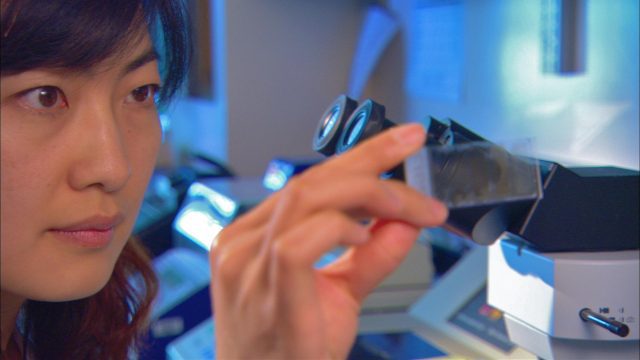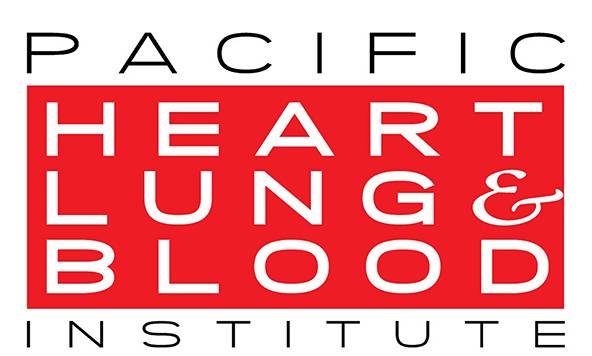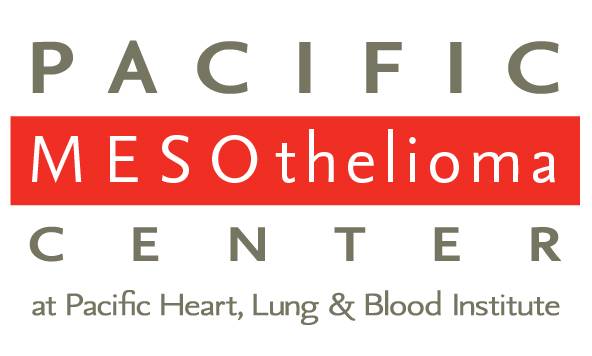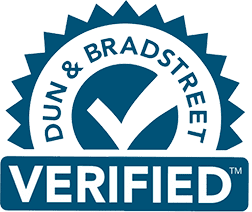
Mesothelioma specialists Haining Yang and colleagues of the University of Hawaii Cancer Center have focused years of their studies on increasing the survival rate of mesothelioma. Recently, they obtained a $2.6 million grant from the NIH to fund their research on BAP1 genetic mutation and predisposition to mesothelioma.
Mesothelioma is a cancer of the mesothelium, a thin, protective membrane that surrounds the lungs, abdomen, and heart. This rare cancer is caused by asbestos exposure. Symptoms include cough, chest pain, and shortness of breath. In most cases, mesothelioma affects the tissue that surrounds the lungs, called pleura. This type is called pleural mesothelioma. Other rarer types of mesothelioma affect tissue in the abdomen (peritoneal mesothelioma), and around the heart (pericardial).
Mesothelioma is an aggressive and deadly form of cancer. Multi-modal treatments including surgery, immunotherapy, chemotherapy and radiation can extend the lives of patients, but there is as yet no cure for mesothelioma.
During years of study, Dr. Yang made new discoveries on how mesothelioma develops inside the body. Yang spearheaded research on the HMGB1 protein, which is produced by damaged mesothelial cells after asbestos exposure as an inflammatory response. This inflammatory response promotes the growth of mesothelioma cancer. Yang found that isolating and targeting HMGB1 inhibits tumor growth. HMGB1 serves as a biomarker for scientists to trace asbestos exposure and mesothelioma cancer.
More recently, Dr. Yang and Dr. Michele Carbone discovered that BAP1 mutations predispose individuals to malignant mesothelioma. Studying the links between the gene environment and mesothelioma led to the discovery of a new syndrome called “BAP1 cancer syndrome”. BAP1 cancer syndrome is a genetic disorder that increases the risk of a variety of cancerous and noncancerous tumors, most commonly occurring in the skin, eyes, kidneys, mesothelium, and abdomen. Individuals with BAP1 cancer syndrome can develop one or more types of tumor, and affected members of the same family can have different types.
Patients born with only one of the two copies of the BAP1 gene that are normally present in our cells are affected by BAP1 Cancer Syndrome and often develop mesothelioma.
Yang and Carbone found that both copies of the BAP1 gene are needed to regulate HMGB1 – the protein that promotes tumor growth and spreads to other tissues. For those with BAP1 Cancer Syndrome, researchers found that tumor cells have difficulty growing in low concentrations of oxygen and are more easily killed by therapy. By targeting BAP1 activity, researchers hope to make cancers much more susceptible to therapy, which will increase survival rates.
Since 2011 when BAP1 Cancer Syndrome was first described, 92 families affected by BAP1 Cancer Syndrome have been identified in the U.S., Europe, Australia, Japan and in the Middle East. Yang and colleagues have been working with these families to better understand the BAP1 mutation and find better treatment options.
Works Cited
“BAP1 Tumor Predisposition Syndrome: Medlineplus Genetics.” MedlinePlus, U.S. National Library of Medicine, 1 Jan. 2017, https://medlineplus.gov/genetics/condition/bap1-tumor-predisposition-syndrome/.
“Carbone, Michele MD, Phd.” University of Hawaii Cancer Center: Accelerating Cures through Cancer Research in Hawaii, UH Cancer Center, https://www.uhcancercenter.org/carbone-michele.
UH News. “Haining Yang.” University of Hawai’i News, 30 Mar. 2016, https://www.hawaii.edu/news/2016/03/30/uh-researchers-address-military-risk-factors-associated-with-cancer-with-3m-grants/. Accessed 20 Feb. 2023.
UH News. “Improved Cancer Therapies Could Spring from Mesothelioma Discovery.” University of Hawaiʻi System News, 22 Jan. 2023, https://www.hawaii.edu/news/2023/01/22/improved-therapy-discovery/.
“Yang, Haining MD, Phd.” University of Hawaii Cancer Center: Accelerating Cures through Cancer Research in Hawaii, UH Cancer Center, https://www.uhcancercenter.org/yang-haining.





